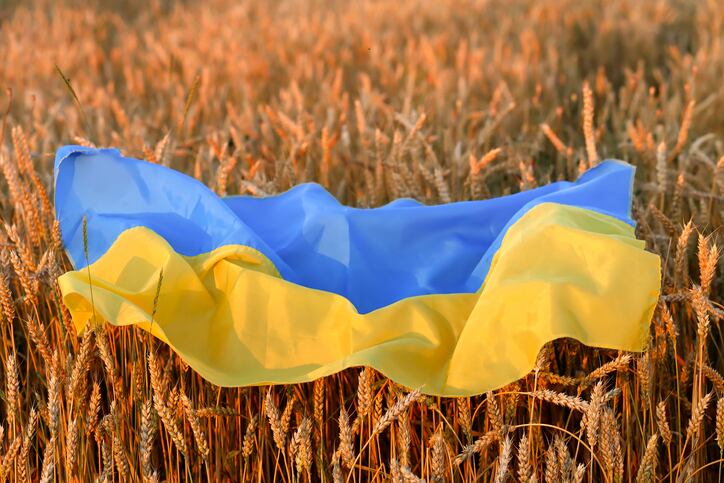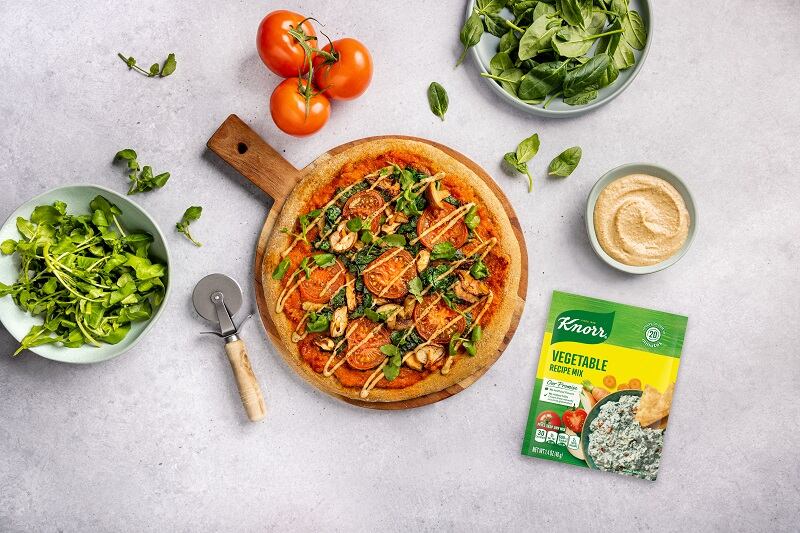Ukraine is called the breadbasket of Europe for good reason. It accounts for 12% of global wheat exports, 16% of corn and 18% of barley. “Be in no doubt, this is a dangerous day for global food security and food prices too, with humanitarian risks that stretch far and wide,” said James Withers, the Chief Executive of Scotland Food & Drink said in a tweet, shortly after the Russian invasion of its neighbour began.
The Food and Drink Federation’s Chief Executive, Karen Betts, added: “Past experience tells us that disruption to Ukraine’s exports will have an impact on global food supplies and on the price of a range of key commodities, such as vegetable oils and maize, which are important in UK food production. This will be further compounded if there are sustained energy price rises, adding to an already troubling inflationary picture.
“We continue to watch developments closely and to work with food and drink manufacturers to try to minimise any knock-on effects for shoppers and consumers.”
Wheat, corn and edible oil prices all expected to rise
Russia and Ukraine together make up nearly a third of global wheat exports, 19% of exported corn and 80% of exports of sunflower oil - the world's third-most traded vegetable oil.
According to Professor Chris Elliott, director of the Institute for Global Food Safety, Ukraine is the world’s leading exporter of sunflower oil and also ranks in first place in Europe in terms of arable land area, able to meet the food needs of 600 million people. What’s more, the country ranks in second place in the world in barley production and in fourth place in barley exports; is the world’s third largest producer and fourth largest corn exporter; the fourth biggest potato producer and fifth largest rye producer on the globe.
No wonder then there’s speculation that one reason for Vladimir Putin’s attack on the country is to gain greater food self-sufficiency for Russia.
The crisis limits the ability for other commodity exporters to take in enlarged demand this season, and any disruption out of the Black Sea means prices will rise in order to curb consumption. Already, in the wake of the invasion, Chicago Wheat futures and options, the global industry standard and the most actively traded wheat benchmarks in the world, rose to the highest level since mid-2012. Futures' prices of corn on key global exchanges have also rallied to multi-month highs following the invasion, reports S&P Global Platts. Uncertainty over sunflower oil supplies due to the conflict is also boosting prices for its rivals palm oil and soy oil.
Prices for producers and their customers are therefore expected to rise, warned Susannah Streeter, Senior Investment and Markets Analyst from Hargreaves Lansdown, a UK-based investment platform.
“Although the UK isn’t among the main markets for these exports, Turkey and Egypt are the largest importers from the region. Our food prices are still likely to go up because fewer supplies from the region would hit global food prices, which will impact the cost of food supplied to the UK too,” she told FoodNavigator.
The two countries are also important fertiliser producers, so European harvests are also under threat.
“Food producers do try and absorb rapid wholesale increases, but many have already warned that shelf prices will have to rise and that was before the full-scale invasion of Ukraine,” Streeter told us.
Commodity traders are keeping a close watch on what’s happening at ports in the Black Sea, where grain is shipped. For the moment, Russia has kept its key ports open for navigation, but ships in the smaller Azov sea have already been stopped, where ports of smaller capacity operate. “The worry is that restrictions could soon be imposed on Black Sea ports too which is likely to send grain prices even higher than the rises we have seen today in international markets,” said Streeter.
A number of food and beverage manufacturers including Carlsberg, Coca-Cola, Mondelez, and Nestle are already reportedly suspending production or closing plants in the region.
The conflict threatens to exacerbate inflation fears
The crisis comes also as Europe is already hit by rising inflation. Food producers are battling significant headwinds and shoppers are expected to be forced to tighten their purse strings. “Food prices are already rising at their fastest pace in a decade, and the price of essentials like pasta, eggs and milk is rising even more quickly,” said Streeter. A challenge for food producers and retailers is witnessing shoppers attempting to cut back on the cost of groceries, by, for example, trading down from branded items to supermarket own-brands, or from own-brands to budget range, or swapping to discount supermarkets.
The inflationary pressures in Europe may intensify should Russia decide to cut off or limit energy supplies to Europe, or the EU choose to impose restrictions on energy imports from Russia.
UK-based Russia oil and gas expert Nadia Kazakova warned the situation is ‘very difficult and unpredictable’.
So far, Russian military operation in Ukraine has not affected supplies of Russian oil and gas to Europe. However, the situation might change, she told FoodNavigator. “I think this would depend on the severity and impact of Russia’s military action in Ukraine in the coming days.”
During the first day of invasion, Russia targeted mostly military installations, but today Russian troops have moved into outskirts of densely populated Kiev, the analyst explained.
“If the Russian energy supplies continue to flow into Europe this would provide some stability to natural gas, oil and electricity prices. This would ease the cost-of-living squeeze on households and rising inflation on companies. Also, companies in the agrichemical sector that use natural gas as raw material could avoid steep increase in cost.
“Conversely, disruption to Russian energy export would result in a severe spike in energy prices in Europe and disruption to operations of businesses across various sectors of the European economy.”



